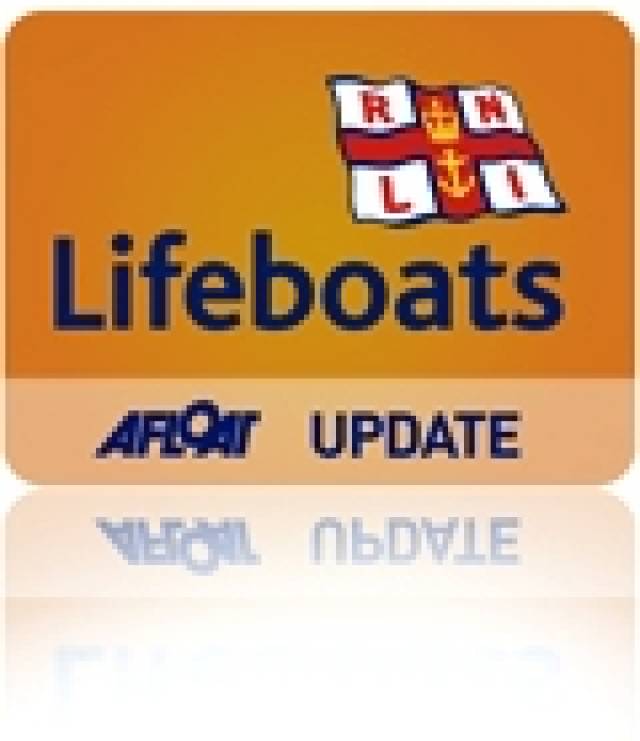#rnli – A new radio documentary on CRY104fm entitled "Saving Lives At Sea" airs tomorrow night (Tuesday the 29th of April) at 7pm tracing the history of the Youghal RNLI as it celebrates 175 years in existence.
Beginning with one of Youghal Lifeboats most dramatic rescues on the 1st of August 1984, the programme will trace the History of the Lifeboat station right up to the present day.
In the programme we will hear from a large number of volunteers both past and present from Youghal RNLI who have regularly put their lives at risk to keep the waters of East Cork safe while looking at the changes that have taken place in both technology and in the Lifeboat station since 1839 and in particular since the 1970's when the changes in RNLI technology and capabilities have been vast.
In total Youghal's Lifeboats have been launched on over 340 occasions and have saved over 200 lives which in itself is a remarkable achievement for an organisation which is solely run by volunteers and is dependent on people's goodwill and generosity in order to survive financially and maintain a lifeboat service on our coastline.
The programme will celebrate the bravery and truly heroic actions of Youghal RNLI volunteers by retelling some of the stations most dangerous sea rescues while also examining how a tragedy brought a community together in grief but also highlighted the extraordinary dedication and selflessness of RNLI volunteers which brought comfort to two grieving families.
The programme will also look at the extended RNLI family from the partners and children that remain on shore while the volunteers embark on potentially dangerous rescues to the vitally important fundraising arm of the Youghal RNLI whose often unseen work ensures that the lifeboat service remains intact for the people of Youghal and the surrounding areas.
Above all in what will be compelling listening for all those with an association with the sea "Saving Lives At Sea" will highlight how vital the lifeboat service is to the Community of Youghal while raising awareness of the work this most deserving charity does.
More on www.cry104fm.com































































